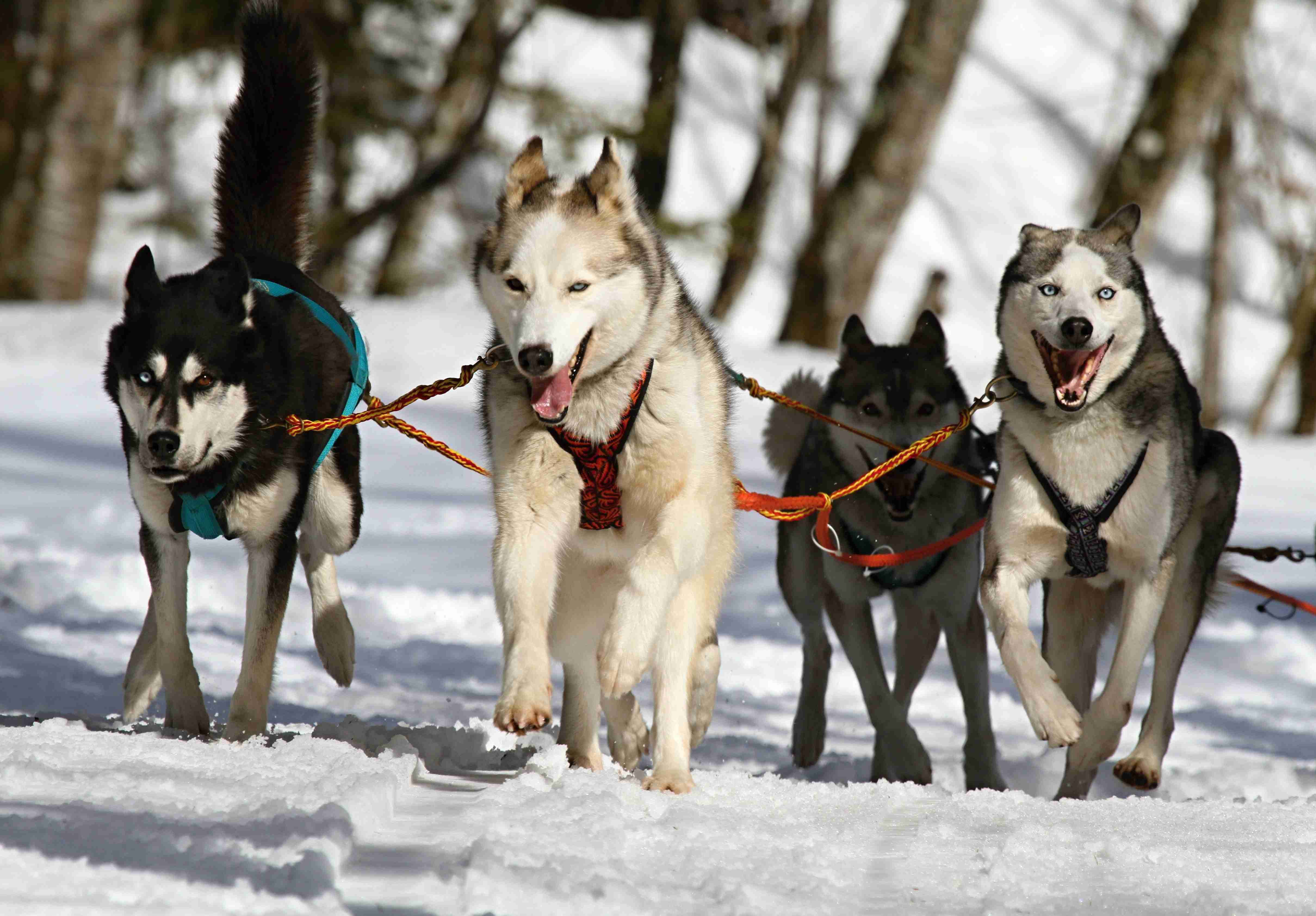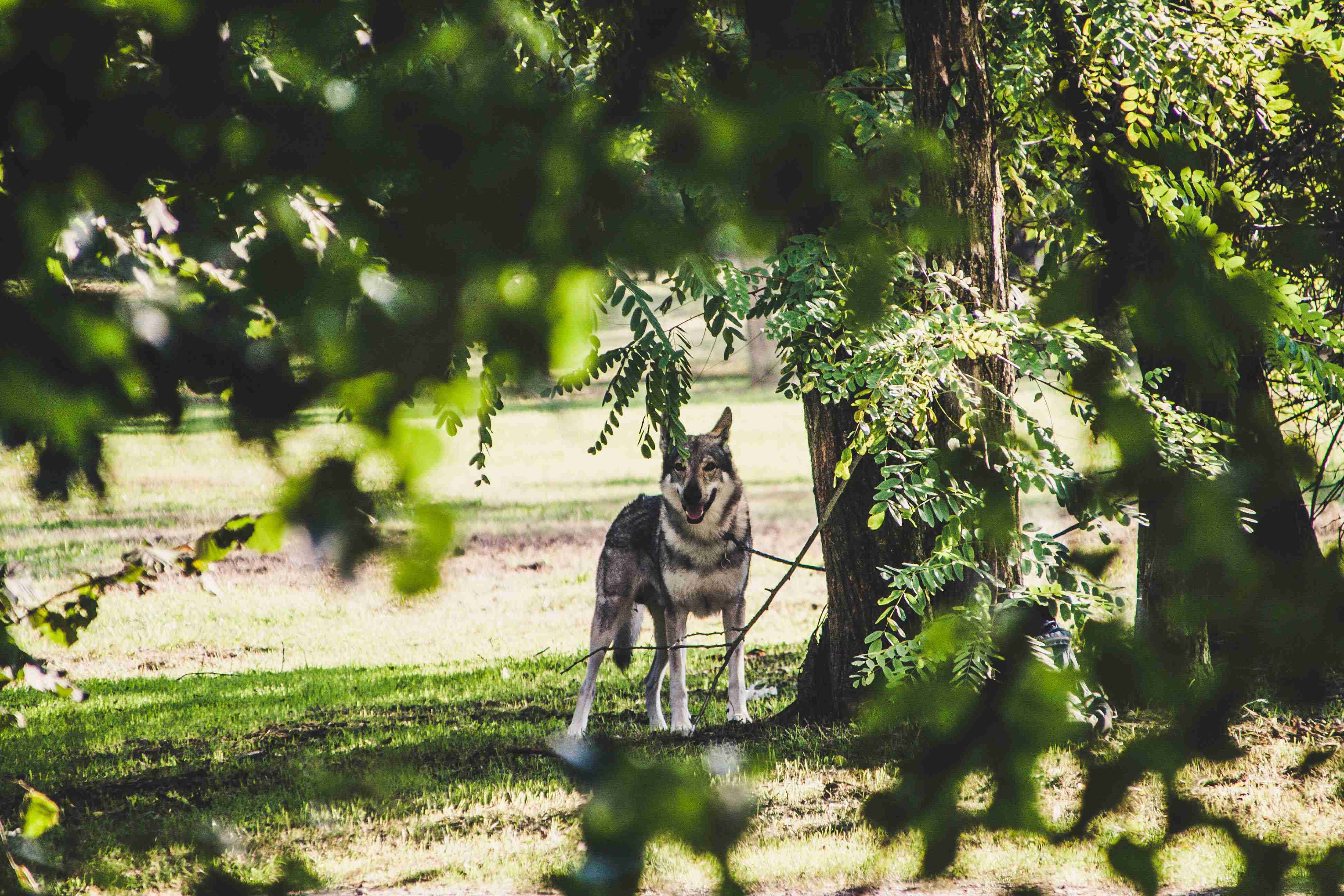As pet owners, we all want our dogs to feel safe and comfortable in their own skin. However, sometimes our furry friends can struggle with noise phobias that leave them feeling anxious, scared, and out of control. Whether it’s fireworks, thunderstorms, or even everyday sounds like vacuum cleaners and doorbells, noise phobias can be a real challenge for dogs and their owners alike. Fortunately, there are some practical tips and techniques you can use to help your dog cope with noise phobias and feel more at ease no matter what’s going on around them. In this blog post, we’ll explore some of the most effective strategies for silencing your dog’s fear and helping them feel more confident and comfortable in any situation.
Dogs are known for their loyalty, affection, and playfulness. However, like humans, they can also develop fears and phobias. One of the most common phobias in dogs is noise phobia. It is a type of anxiety disorder that causes dogs to become extremely fearful of loud or sudden noises, such as thunder, fireworks, or construction sounds. Noise phobia can be a serious problem for dogs, causing them to tremble, pant, whine, or even run away. Fortunately, there are practical tips that dog owners can use to help their furry friends cope with noise phobias.
Tip 1: Create a Safe and Comfortable Space
One of the best ways to help your dog cope with noise phobias is to create a safe and comfortable space for them. This can be a crate, a room, or any other area where they feel secure. Make sure that the space is quiet and free from any noise triggers. You can also add some comfortable bedding, toys, and treats to help your dog feel more relaxed and comfortable.
Tip 2: Distract Your Dog with Positive Reinforcement
Another way to help your dog cope with noise phobias is to distract them with positive reinforcement. This can be achieved by teaching your dog new tricks or commands that they can focus on instead of the noise. You can also use treats, toys, or other types of rewards to reinforce positive behavior and help your dog feel more comfortable in noisy situations.
Tip 3: Use Calming Aids
.jpg)
There are several calming aids that you can use to help your dog cope with noise phobias. These include pheromone sprays, calming collars, and natural remedies such as CBD oil or chamomile. These products can help your dog feel more relaxed and calm during noisy situations.
Tip 4: Gradual Desensitization
Gradual desensitization is another effective technique for helping your dog cope with noise phobias. This involves exposing your dog to gradually increasing levels of noise over time. For example, you can play recordings of thunder at low volume while gradually increasing the volume over several days or weeks. This can help your dog get used to the noise and reduce their fear and anxiety.
Tip 5: Seek Professional Help
In some cases, noise phobia can be a serious problem that requires professional help. If your dog’s fear of noise is severe or persistent, it is important to seek the help of a professional dog trainer or behaviorist. They can help you develop a customized training plan that is tailored to your dog’s specific needs and help your dog overcome their fears.
Noise phobia can be a challenging problem for dogs and their owners. However, by creating a safe and comfortable space, distracting your dog with positive reinforcement, using calming aids, gradual desensitization, and seeking professional help if needed, you can help your dog cope with noise phobias and improve their quality of life. Remember that every dog is unique and may require different techniques and approaches to overcome their fears. With patience, persistence, and love, you can help your furry friend feel more comfortable and confident in noisy situations.
We hope these practical tips will help you better understand your dog’s noise phobias and provide effective ways to ease their fears. Remember, every dog is unique, and it may take some time and patience to find the right coping strategies. Don’t hesitate to seek help from a professional if your dog’s phobia is severe. With the right approach and support, you can help your furry friend feel safe and secure during noisy events, and enjoy a happier, stress-free life.


.jpg)

.jpg)
%20-%20Copy.png)

.jpg)
.jpg)